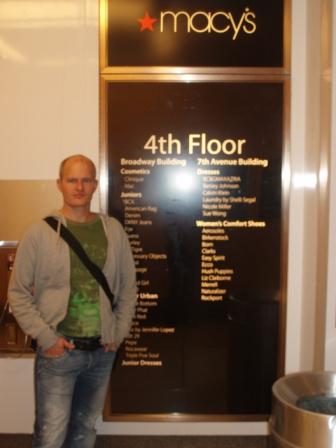|
Linguistical studies |
|
During the years I have given papers and written articles on various topics in Indo-European and Greek historical linguistics. Some of these contributions may be downloaded here in full or reduced versions. I am now studying the employment of the concepts divergence and convergence in early modern and modern historical linguistics. In accordance with the Romantic view of the world, 19th-century philology and comparative linguistic focused on linguistic relationship. Thus, scholars of the Indo-European languages would derive a large portion of the world’s languages from a common root – a practice, which was famously illustrated with the genealogical tree. In the 20th century, some critics have instead tried to explain the linguistic similarities with concepts like convergence and diffusion.
The project will discuss and analyse the varying models of these three linguistic tendencies of globalisation in the light of the attitude of the different periods towards the relationship between nation and world culture. At the same time, the contrast of these three examples may lead to a better understanding of the actual developments. |
 Similarly, the Greek koine, which was the lingua franca of the Eastern Mediterranean for one millennium, used to be considered an artificial mixture of natural dialects, whereas in recent years, it has become a paradigm of the so-called koineisation. Finally, the substandard variety of Latin, vulgar Latin, used to be considered an independent dialect and the direct mother of the Romance languages, whereas recent research have described the Latin language as a linguistic continuum.
Similarly, the Greek koine, which was the lingua franca of the Eastern Mediterranean for one millennium, used to be considered an artificial mixture of natural dialects, whereas in recent years, it has become a paradigm of the so-called koineisation. Finally, the substandard variety of Latin, vulgar Latin, used to be considered an independent dialect and the direct mother of the Romance languages, whereas recent research have described the Latin language as a linguistic continuum.